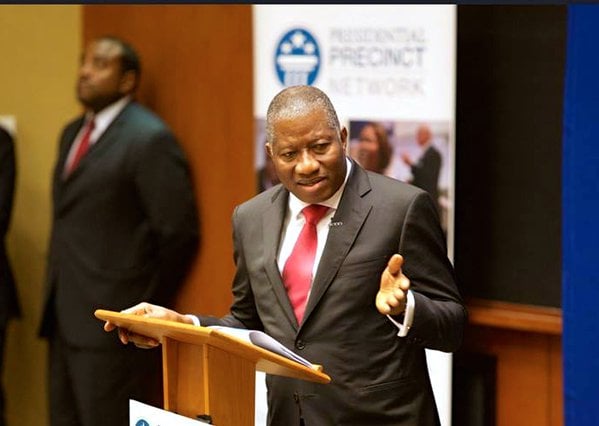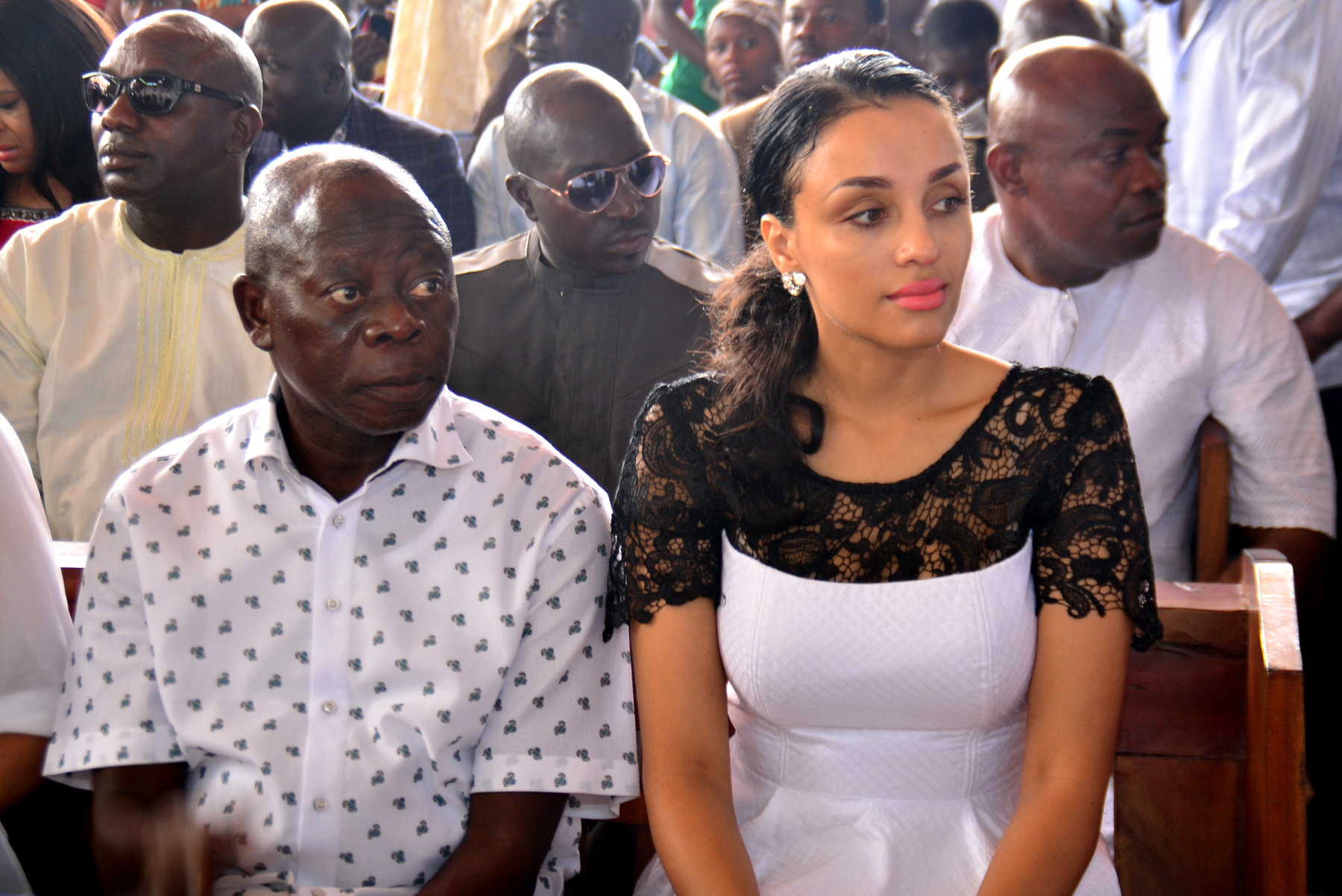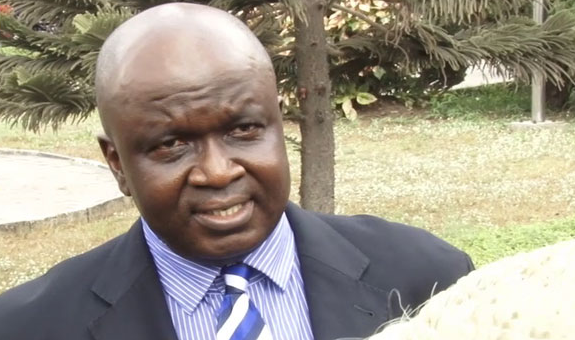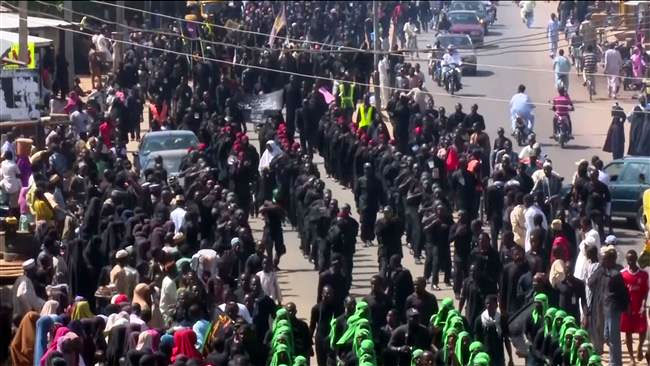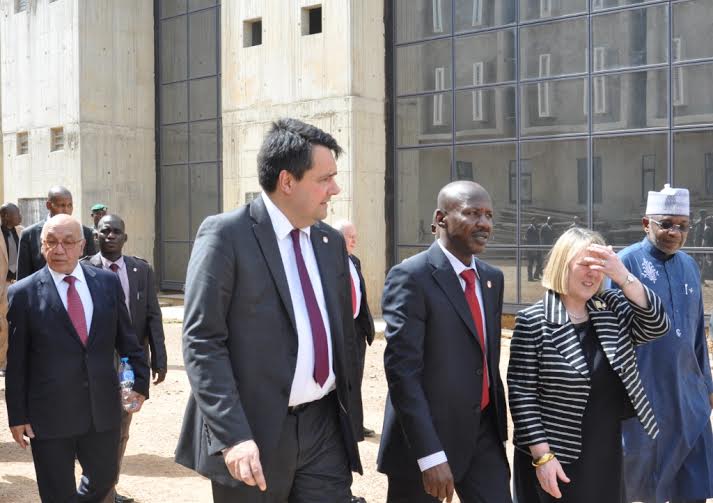Former President Goodluck Jonathan has been praised for his “classy role” in Nigeria’s 2015 president election which is now expected to serve as a benchmark for other incumbents seeking re-election in Africa.
Jonathan became the first president to lose an election in Nigeria, and he congratulated his opponent, Muhammadu Buhari, and conducted a smooth transition of power.
In its maiden Africa Year Review 2015, produced by the Wilson Centre in the US, two scholars wrote on Nigeria’s election as Africa’s “most important story of 2015”.
Nii Akuetteh, a Ghana-born democracy activist and the current executive director of the African Immigrants Caucus (AIC) who once taught at the Georgetown University, wrote that if Jonathan had not handled the election well, there could have been violence as normally witnessed in Africa.
Advertisement
“Thanks to Jonathan’s handling the election and the turnover of power so smoothly, another potential havoc was avoided,” Akuetteh.
He quoted Jonathan as telling him after the election: “Had serious post-election disturbances erupted, Nigerian refugees flooding Ghana would have exceeded your entire population.”
“My jaw is still dropped,” Akuetteh wrote, adding: “Unquestionably, Nigeria’s recent embrace of democracy and Jonathan’s classy role define Africa’s most important—and uplifting—story of 2015. Africa and the world should give thanks.”
Advertisement
DOWNLOAD THE FULL REPORT
Olusegun Sotola, a senior researcher with the Nigerian think tank Initiative for Public Policy Analysis (IPPA), and member of the Southern Voices Network, a Carnegie Corporation of New York-funded programme of the Wilson Center, made a similar argument.
Sotola wrote: “Nigeria’s historic and successful 2015 election marks a significant milestone in the country’s democracy, and it signposts several emerging positive trends in Africa. First, given Nigeria’s stature in the region, the willingness of the incumbent to concede power and not manipulate the process matters a great deal.
“African leaders are known for attempting to manipulate the electoral process to lengthen their stay in office. The electoral histories of African countries are replete with post-election violence caused by the unwillingness of the ruling party or the incumbent to relinquish power.
“That an entrenched power bloc would acquiesce to its loss in an election without engineering violence suggests a new robustness of Nigerian democracy and provides a strong practical example for African leaders.
Advertisement
“At least 17 African countries will hold elections this year. The outcome of the 2015 Nigerian election should serve as a benchmark for these other coming elections, especially those which the incumbent is contesting.”
The Wilson Center is chartered by the US congress as the official memorial to President Woodrow Wilson and is reputed as the nation’s key non-partisan policy forum for tackling global issues through independent research and open dialogue to inform actionable ideas for the policy community.
Add a comment
